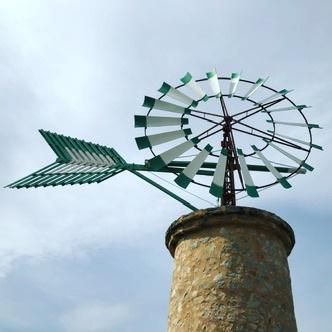In what ways did the Mallorcan slingers contribute to warfare during the Roman conquest?
Similar Topics
mallorcan slingers
roman conquest warfare
sling weapon skill
expert skirmishers
auxiliary troops
balearic culture
projectile troops
roman military tactics
The Mallorcan slingers played a significant and specialized role in warfare during the Roman conquest, distinguished by their exceptional skill with the sling, a weapon that utilized stones or lead bullets to strike enemies from a distance. Renowned for their accuracy, Mallorcan slingers were valued as expert skirmishers who could disrupt enemy formations before close combat commenced. Their ability to inflict damage from afar provided a strategic advantage, softening opposing forces and creating openings for Roman infantry to advance with greater safety. The slingers’ technique involved hurling projectiles with great velocity and precision, requiring extensive training and practice, which they inherited from the indigenous Balearic culture.
The Romans integrated Mallorcan slingers into their armies as auxiliary troops, recognizing their capability to supplement the heavy infantry and cavalry units. These slingers could target enemy soldiers, horses, and even commanders, weakening enemy morale and cohesion. Their mobility allowed them to operate on rough terrain and deliver sustained missile fire throughout battles. Additionally, Mallorcan slingers were employed in both offensive and defensive maneuvers, often positioned on the flanks or at elevated vantage points to maximize their effectiveness.
Beyond fortifying Roman military strength in the field, the presence of Mallorcan slingers also demonstrated the Romans' adaptive use of regional specialties and mercenary forces. Their contributions enhanced the flexibility and tactical options available to commanders facing diverse adversaries and conditions during the protracted campaigns in the Mediterranean. Ultimately, the skill and reputation of the Mallorcan slingers not only elevated their status within Roman military history but also left a lasting legacy as one of the most effective projectile troops employed during antiquity.
The Romans integrated Mallorcan slingers into their armies as auxiliary troops, recognizing their capability to supplement the heavy infantry and cavalry units. These slingers could target enemy soldiers, horses, and even commanders, weakening enemy morale and cohesion. Their mobility allowed them to operate on rough terrain and deliver sustained missile fire throughout battles. Additionally, Mallorcan slingers were employed in both offensive and defensive maneuvers, often positioned on the flanks or at elevated vantage points to maximize their effectiveness.
Beyond fortifying Roman military strength in the field, the presence of Mallorcan slingers also demonstrated the Romans' adaptive use of regional specialties and mercenary forces. Their contributions enhanced the flexibility and tactical options available to commanders facing diverse adversaries and conditions during the protracted campaigns in the Mediterranean. Ultimately, the skill and reputation of the Mallorcan slingers not only elevated their status within Roman military history but also left a lasting legacy as one of the most effective projectile troops employed during antiquity.
